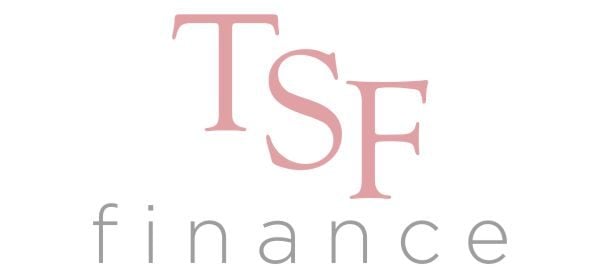When a small or medium-sized enterprise seeks a cash injection to get their business moving forward, the traditional place that they would first turn to is the bank.
.png?width=456&name=TSF%20-%20Newsletter%20%26%20social%20%20images%20(37).png) However, over the years, the trend of using the services of other lenders has started to grow for a whole host of different reasons.
However, over the years, the trend of using the services of other lenders has started to grow for a whole host of different reasons.
First of all, there is the speed of approval, which can often be relatively slow at the bank but is quicker with other lenders. Customer service is another key factor that has been recognised, and the fact that borrowers are not just treated like a number as they are in many large banks. Plus, the advice you receive about the type of loan that you receive can end up being more in-depth based on the close relationship that is established in the first place.
The rise in demand for lenders has been documented by Iwoca, which found that 38% of brokers received an increased level of demand in May 2021. Many of these were found to need to keep their cash flow going, but others were still looking to grow their business.
What are the main differences between institutional and alternative lenders?
So, let’s take a more in-depth look at the main differences between institutional lenders (banks) and the alternative lenders like TSF Finance, which are gaining more and more traction.
Different Financial Models
Banks tend to use a relatively traditional workflow to determine whether it is worth lending to the business or not, which can pose a problem for many SMEs. On the other hand, alternative lenders make the most of a wide range of different financial models such as peer-to-peer lending, invoice factoring, non-bank mortgage loans, and many more. This often means that alternative lenders are able to tailor the loan package that they offer directly to the business in question.
Terms and Interest Rates
Often, alternative lenders are working on the basis of short-term loans, which tend to range between one and three years. There is one catch. Due to the shorter loan period and the fact that lenders offer more versatile solutions, this can mean that the borrower has a higher interest loan. Conversely, banks usually offer longer loans between three and five years – though this can sometimes extend to as long as a decade. Banks average between 5-13% APR. Therefore, one option may suit one company over another due to the different interest rates.
Application Process
There is no doubt that alternative lenders work hard to offer a simplified application process, which can often be completed online and is assisted by automation technology. As such, the process can be completed in a much shorter timeframe and does not involve the sourcing of a range of documentation that is difficult to obtain. Banks tend to require a lot more background checks, and you are less likely to receive the type of quick approval that you may well be seeking out.
When and Why Should You Choose Alternative Over Traditional Lending?
There are many situations in which alternative lending can be a positive course of action, but let’s take a look at some of them in a closer level of detail.
Immediate Need for Capital
The most obvious situation in which you would seek out an alternative lender is when the need for capital is greater. This is largely down to the shorter approval time that we already discussed earlier, as well as the range of financing options available.
Different Means of Creditworthiness
Banks tend to analyse whether or not a business is creditworthy by a strict series of metrics, but alternative lenders have different options at their disposal to determine whether or not this is the case.
Wide Range of Options
With more alternative lenders and different financial packages available, from unsecured loans to asset finance, this is great news for all SMEs. Rather than being restricted as you would in a bank, SMEs can check out what solution/product suits them the best without worries about their credit history quickly.
About TSF
TSF is an independent, commercial finance brokerage focused on the SME market. Having worked with businesses in a wide range of different industries and at alternative stages in their lifecycle, the experience of the firm and the personalised level of service offered ensures that the team can help SMEs in a number of industries.











